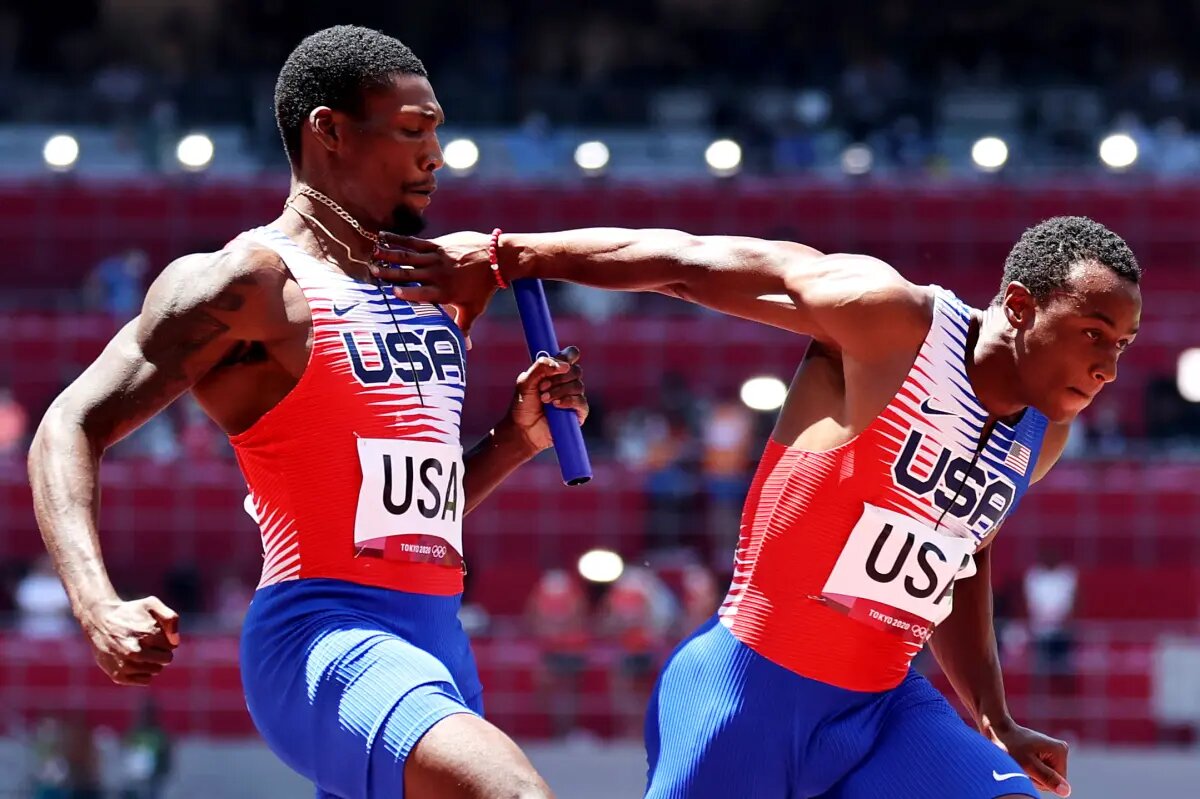
Here we go with another column sure to win me love from friends in track and field.
Every time I do one of these, I get feedback saying I’m stupid (sure); don’t know anything about track or field because I’m not a purist who only covers track and field and lowers myself to cover other sports, as if (whatever); or, again, I’m just stupid (sure).
I have been around track and field for more than 25 years. So, here goes:
Some number of people within track and field went batshit on the news that World Athletics is considering a long jump rule change. Instead of off a traditional board, athletes would jump from within a “take-off zone.” The idea is to make every jump count. At the 2023 worlds in Budapest, a third of all jumps were fouls.
The 2024 Paris Olympics would not be affected by any rule change.
Olympic long jump champions Carl Lewis and Tianna Madison, whom I respect immensely, were not in favor of the change, and that’s being gentle. Nor were lots of others. You know, change never comes easy.
The problem with track and field is not the long jump.
To be honest, if you know who Miltiadis Tentoglou is, you are a real junkie and ought to be attending Track and Field Anonymous Meetings. With me, maybe.
The problem with track and field is that it is both anchored in tradition and traditionalists, and while traditionalists love the sport, and that’s all good, track and field is dying a very noticeable death with the audience it needs to resonate with, 18- to 34-year-olds.
Some sports do not face existential struggle. To name a few: the National Football League, European soccer’s highest levels, the NBA, Major League Baseball.
The rest must assert relevance.
This is all the more the case with Olympic sports.
Olympic sports, of course, have a greater struggle. They typically are in the white-hot spotlight once every four years, and then again maybe, maybe, in the odd-numbered years during their world championships. Maybe.
Many people think sports are a spectator event. In some important regards, yes. It matters how many people are in attendance. And, sure, being there can be great. But as the Oakland A’s proved last year, they’re gonna play ball no matter how few fannies are in the seats.
This underscores what’s what — sports as we know it is a television product.
This brings us to the dilemma confronting track and field, and thanks to Rich Perelman at The Sports Examiner, just the latest incontrovertible television numbers.
This is an Olympic year and NBC has been running ads featuring Noah Lyles.
Much respect to Lyles. He is very good at what he does — sprinting — and very energetic at trying to draw attention to the problems facing his sport.
This question: if he went unannounced to my hometown, Dayton, Ohio, and stood at the Spaghetti Warehouse, a block away from the Dayton Convention Center, how many people would know he was Noah Lyles, fastest man in the world?
The only track and field athlete in the United States who moves the needle where it matters, with college kids and 20-somethings, is Sha’Carri Richardson.
Leave a Reply